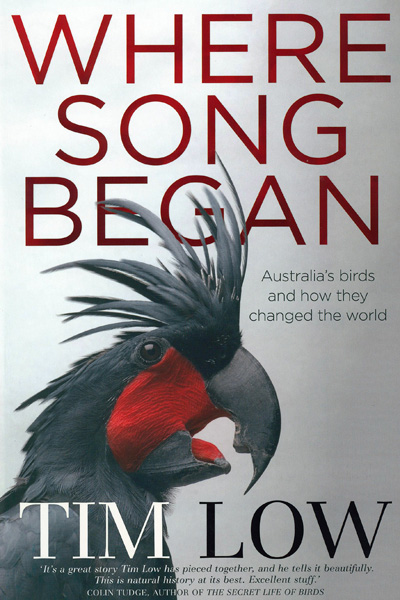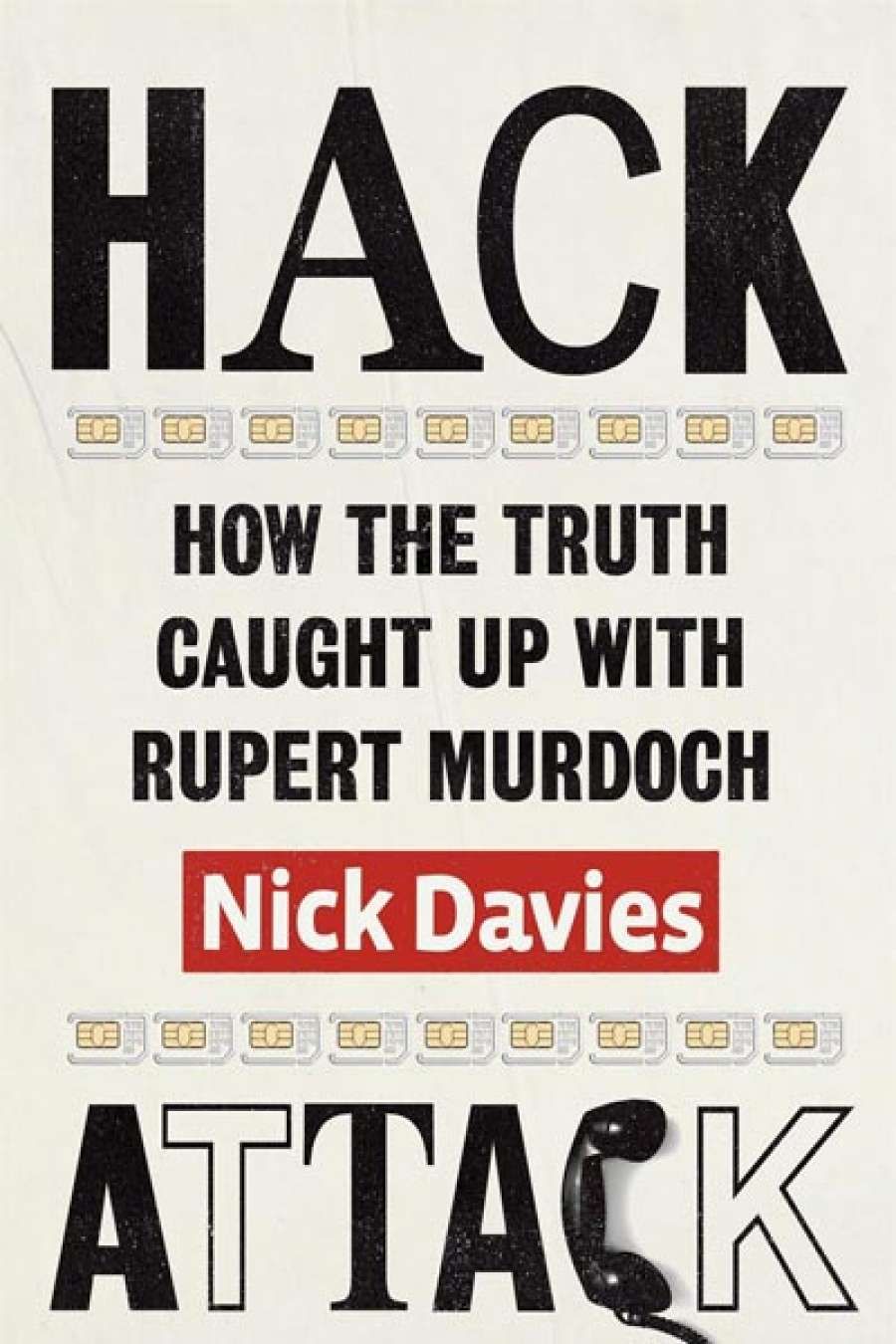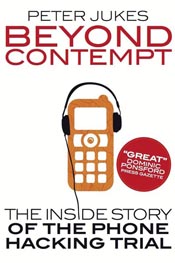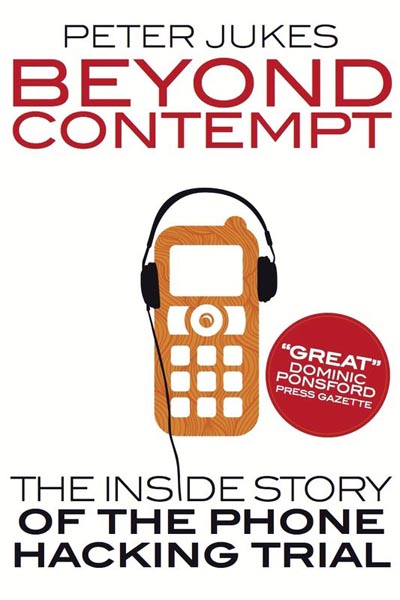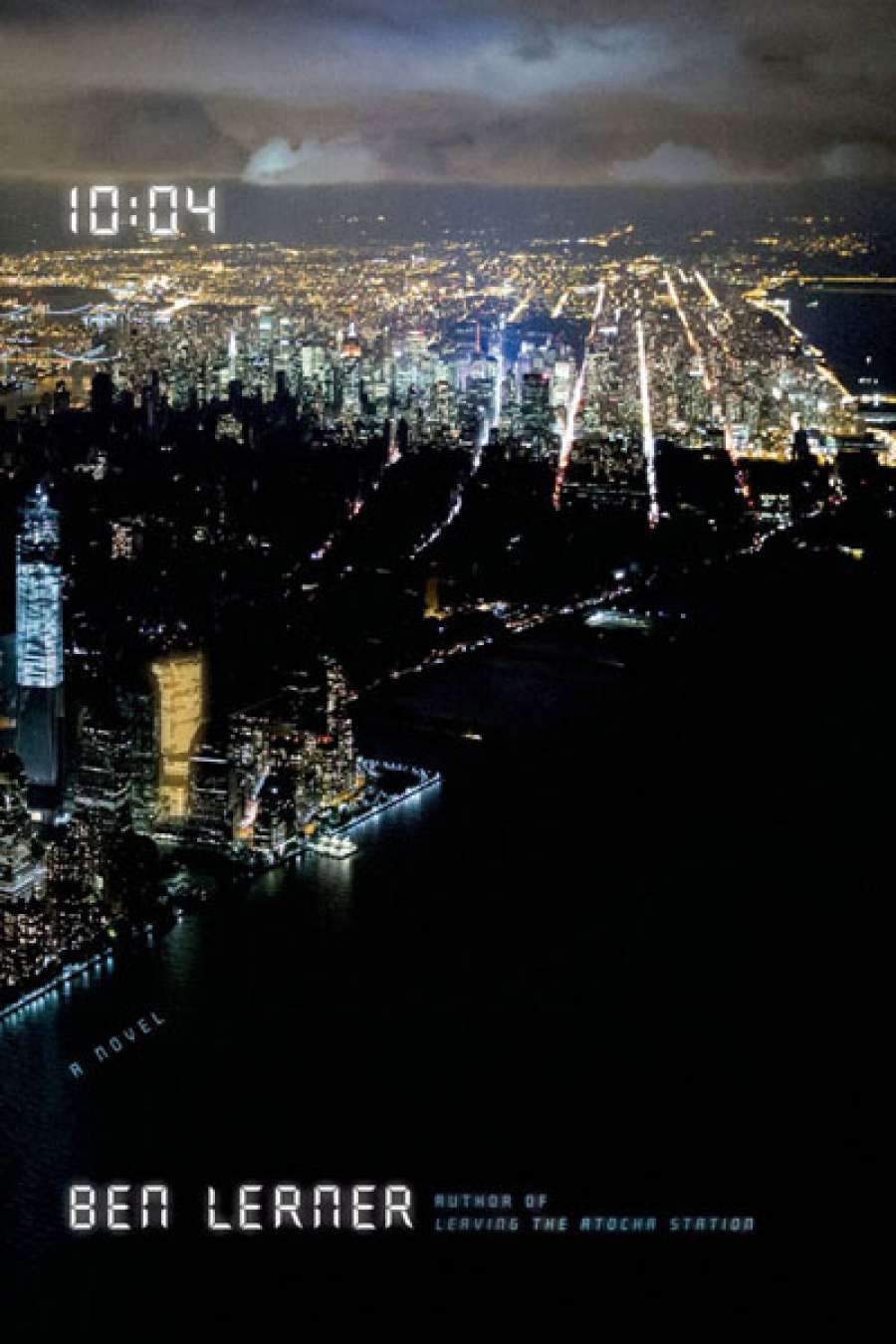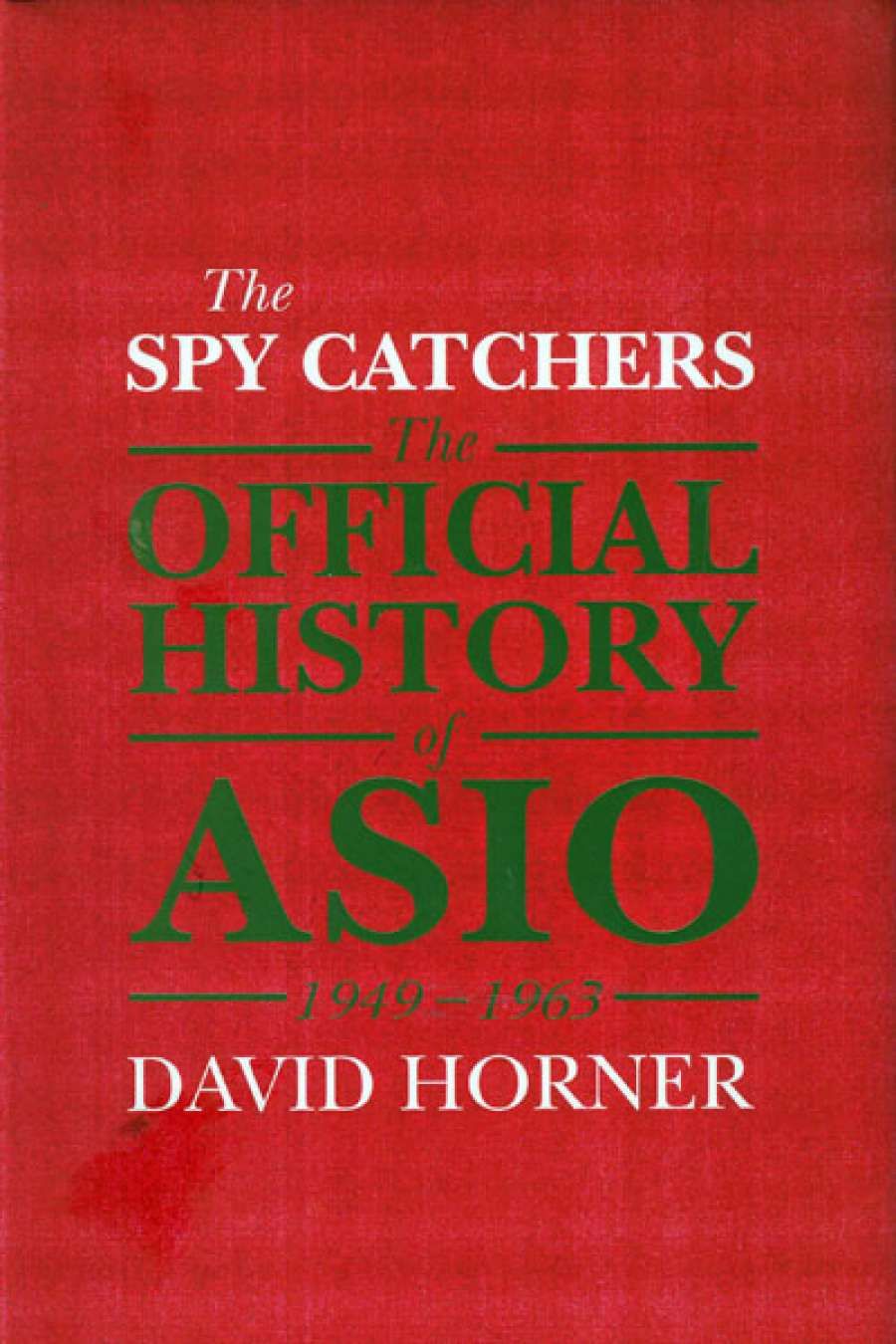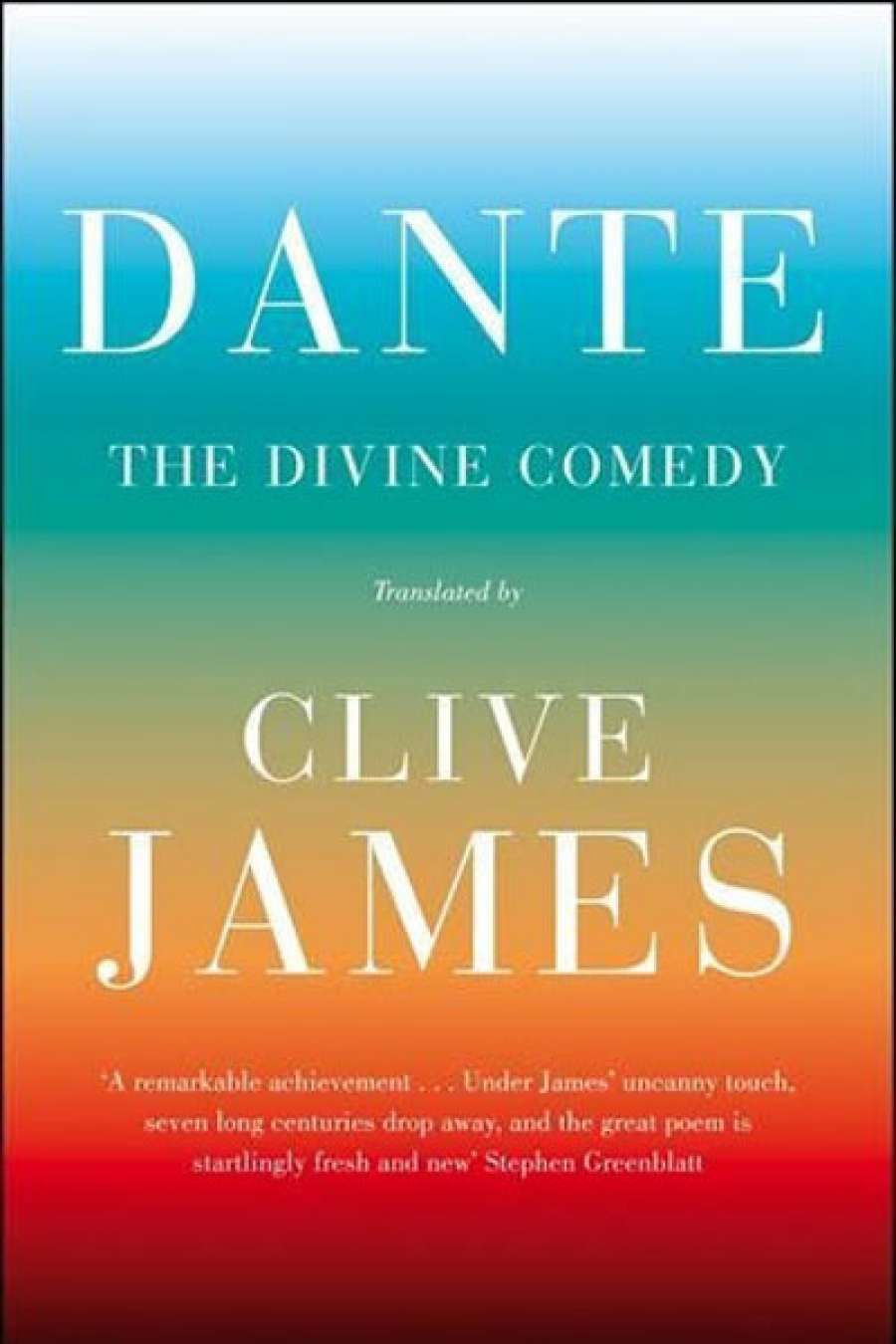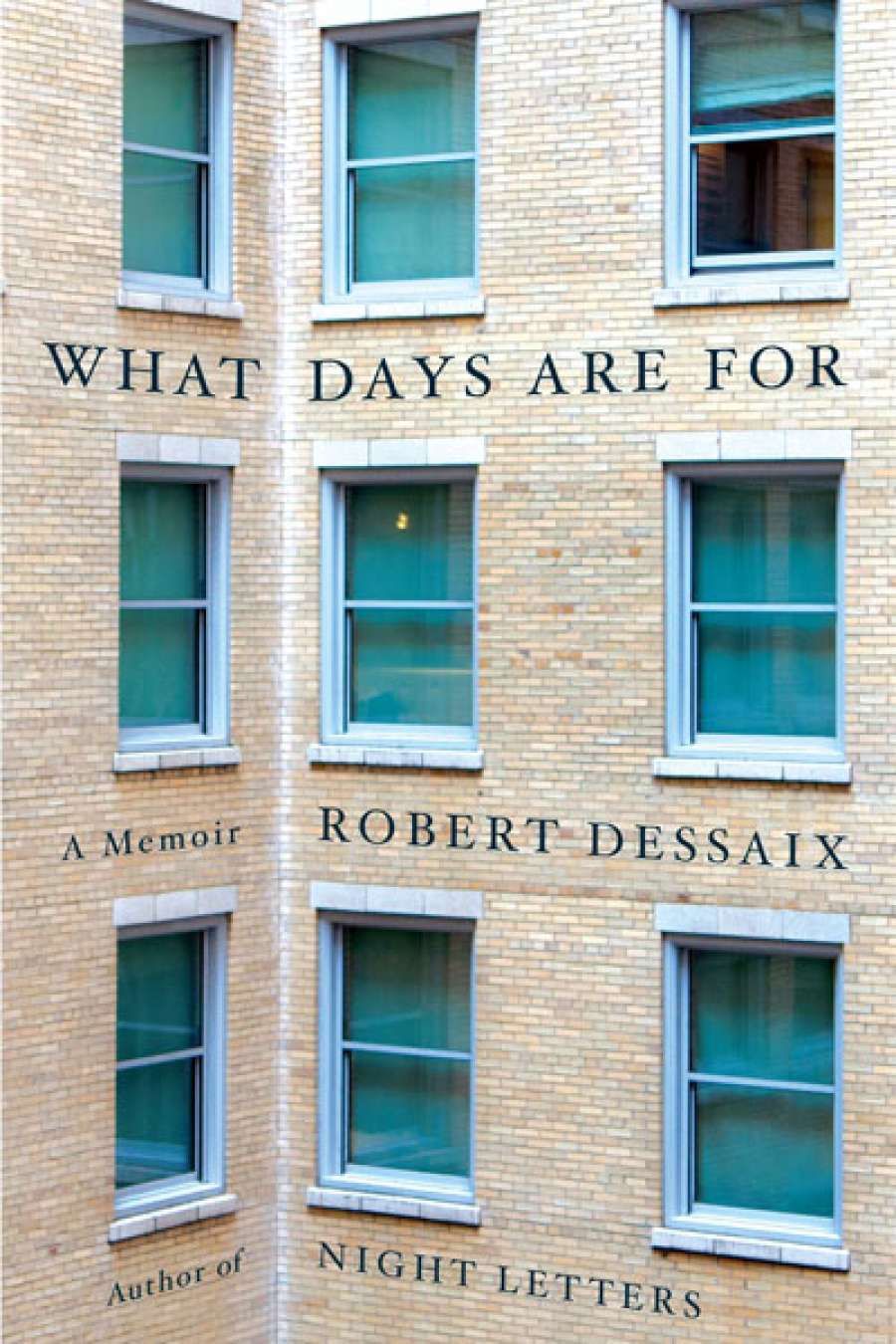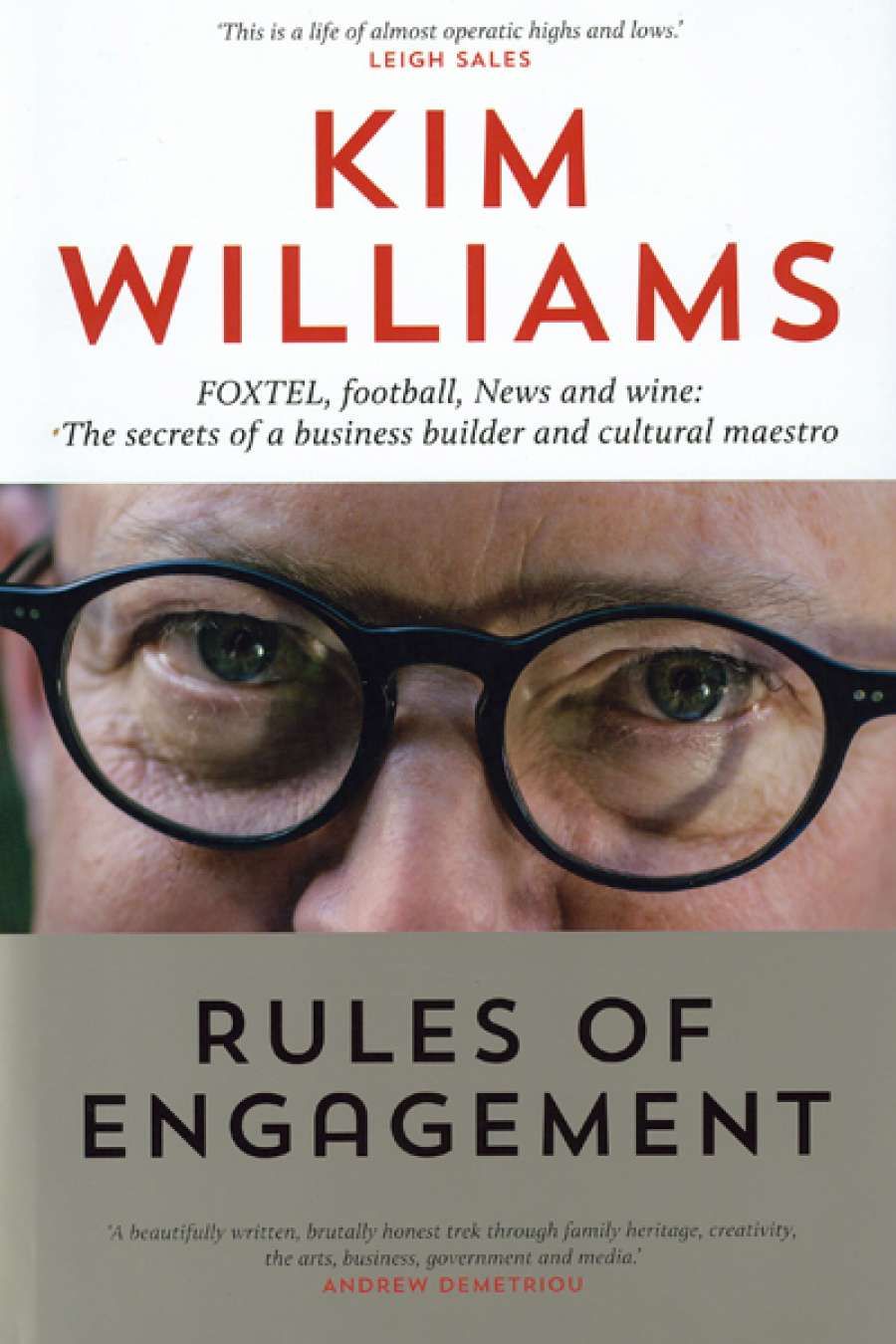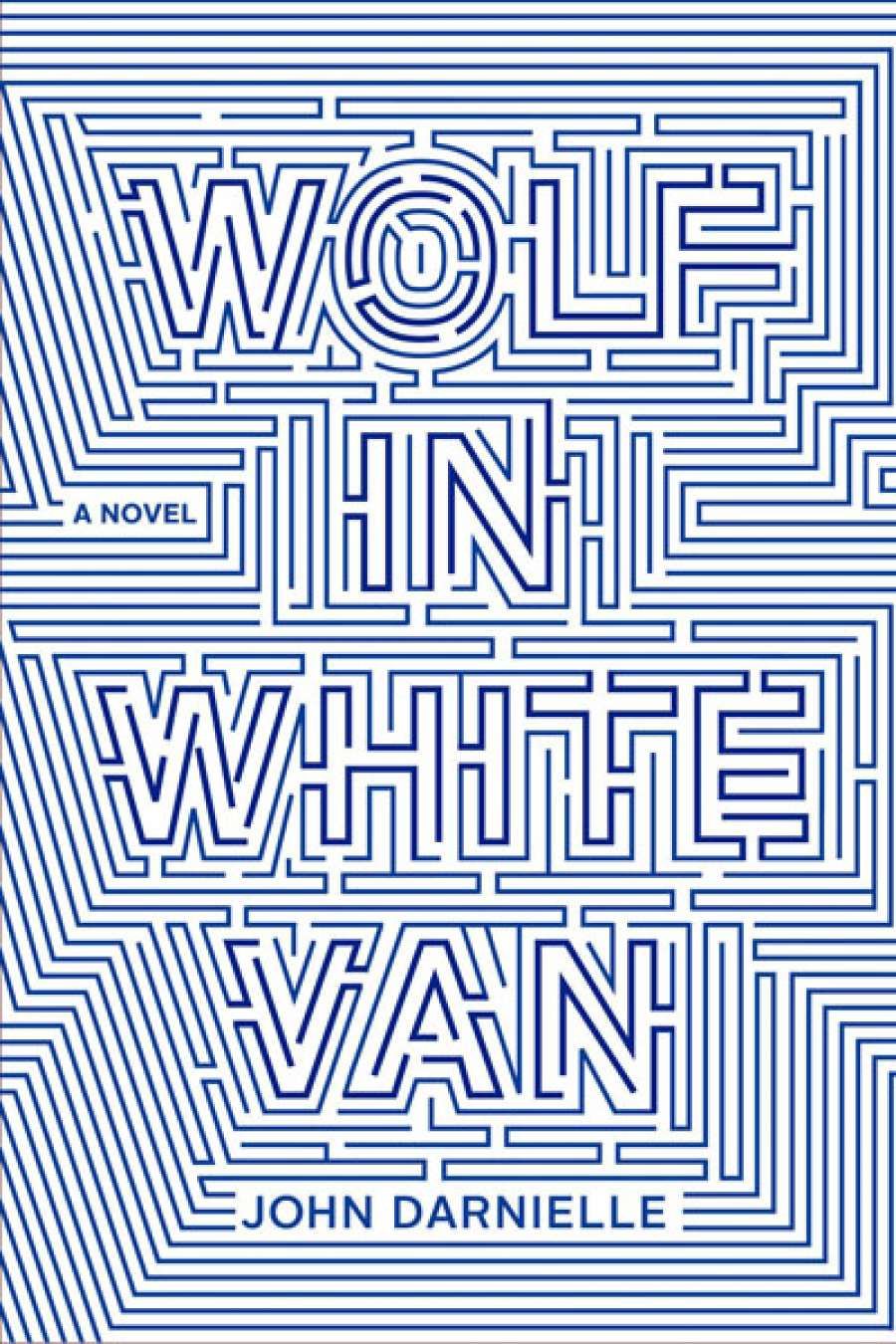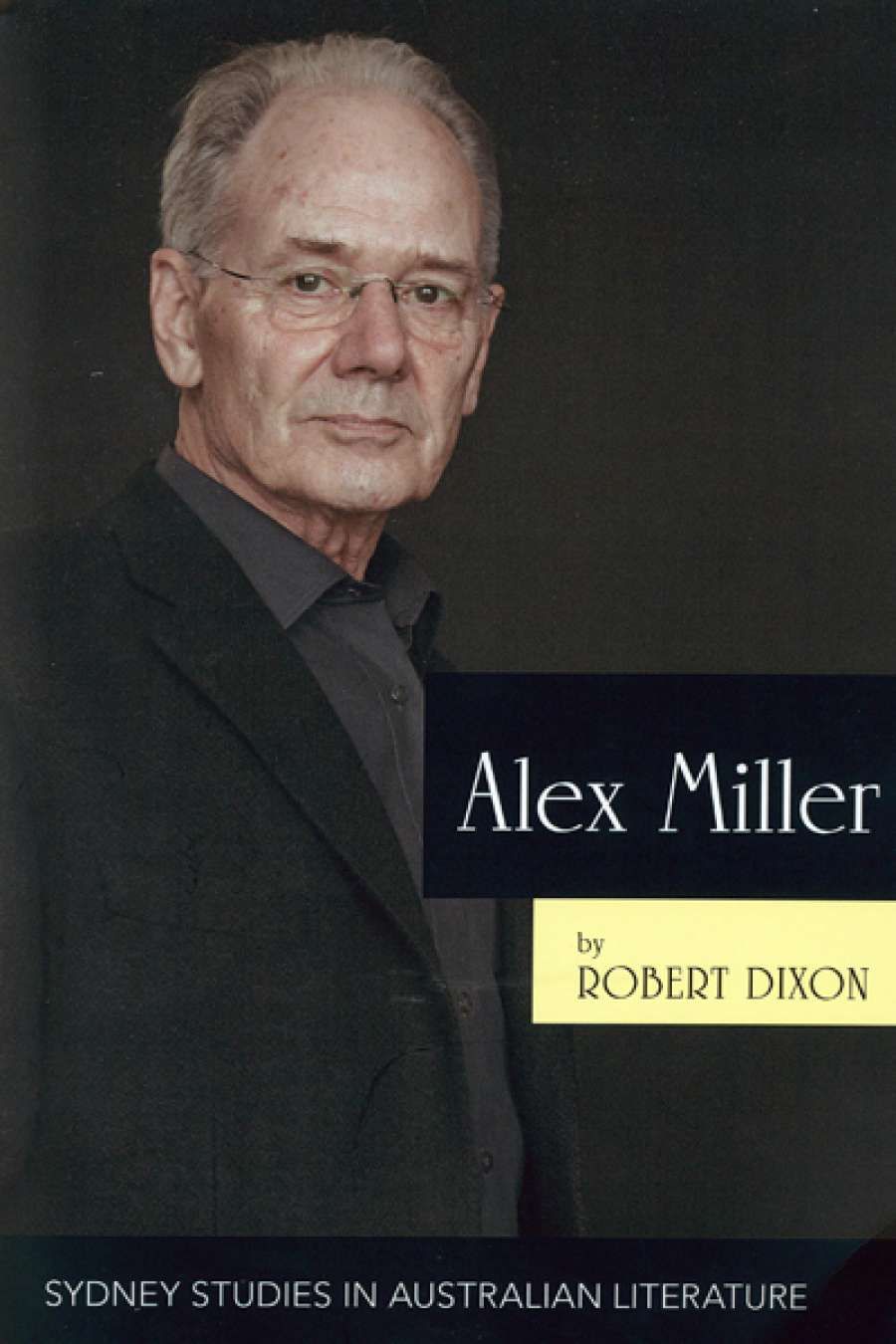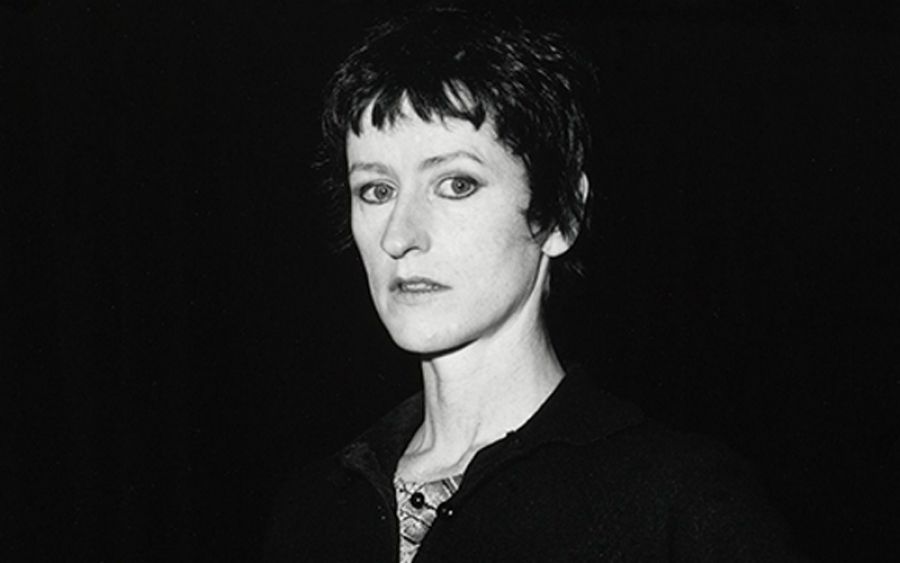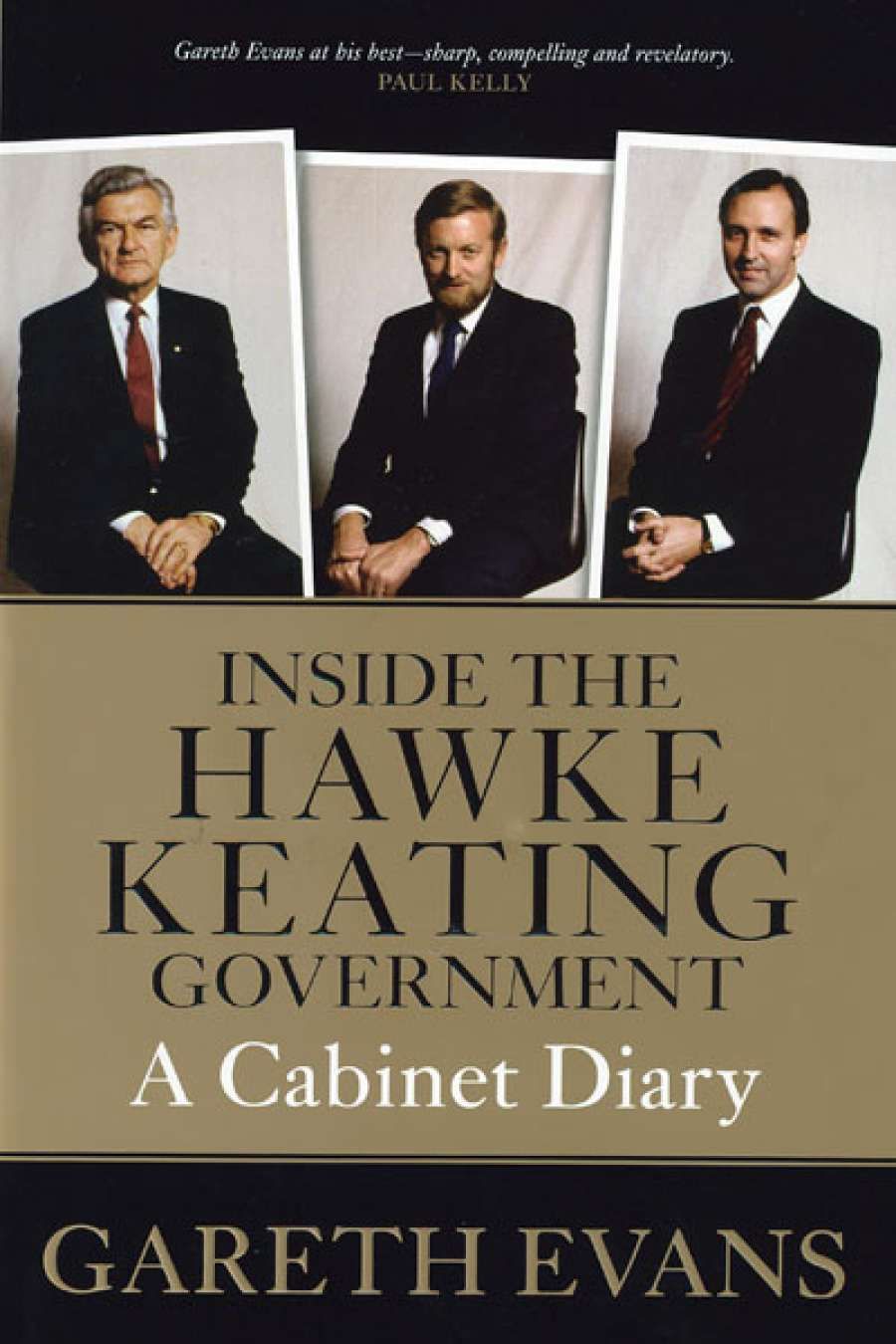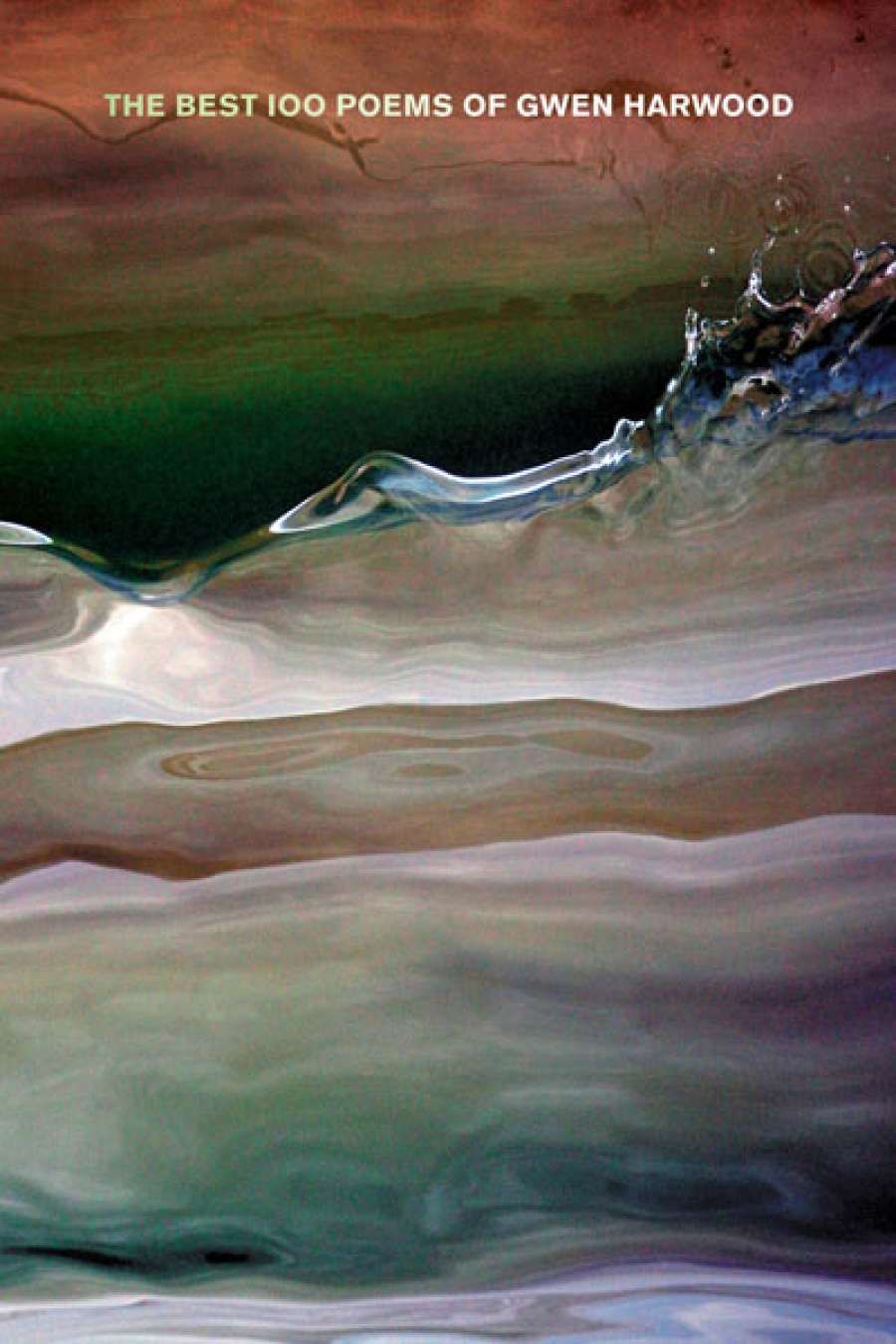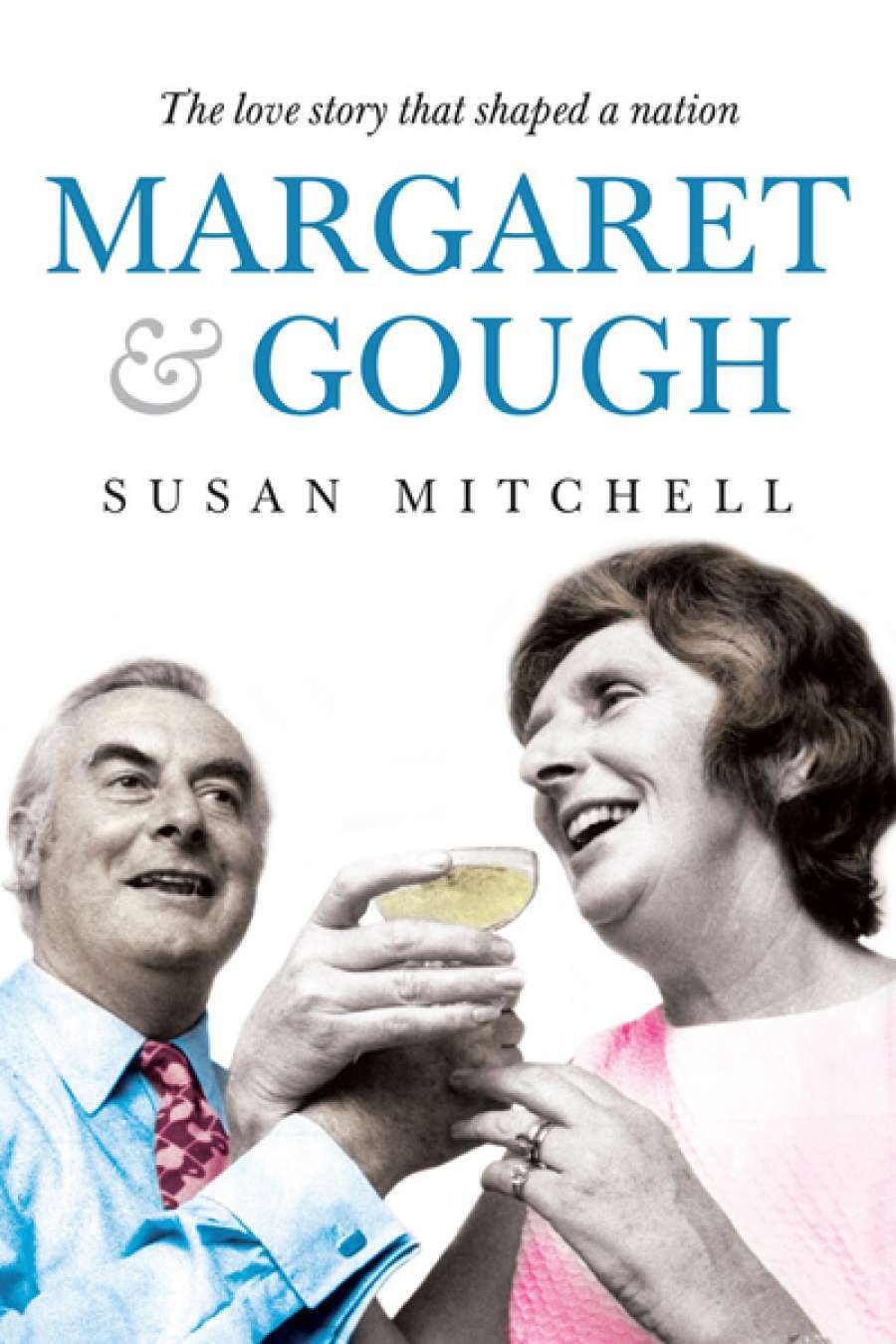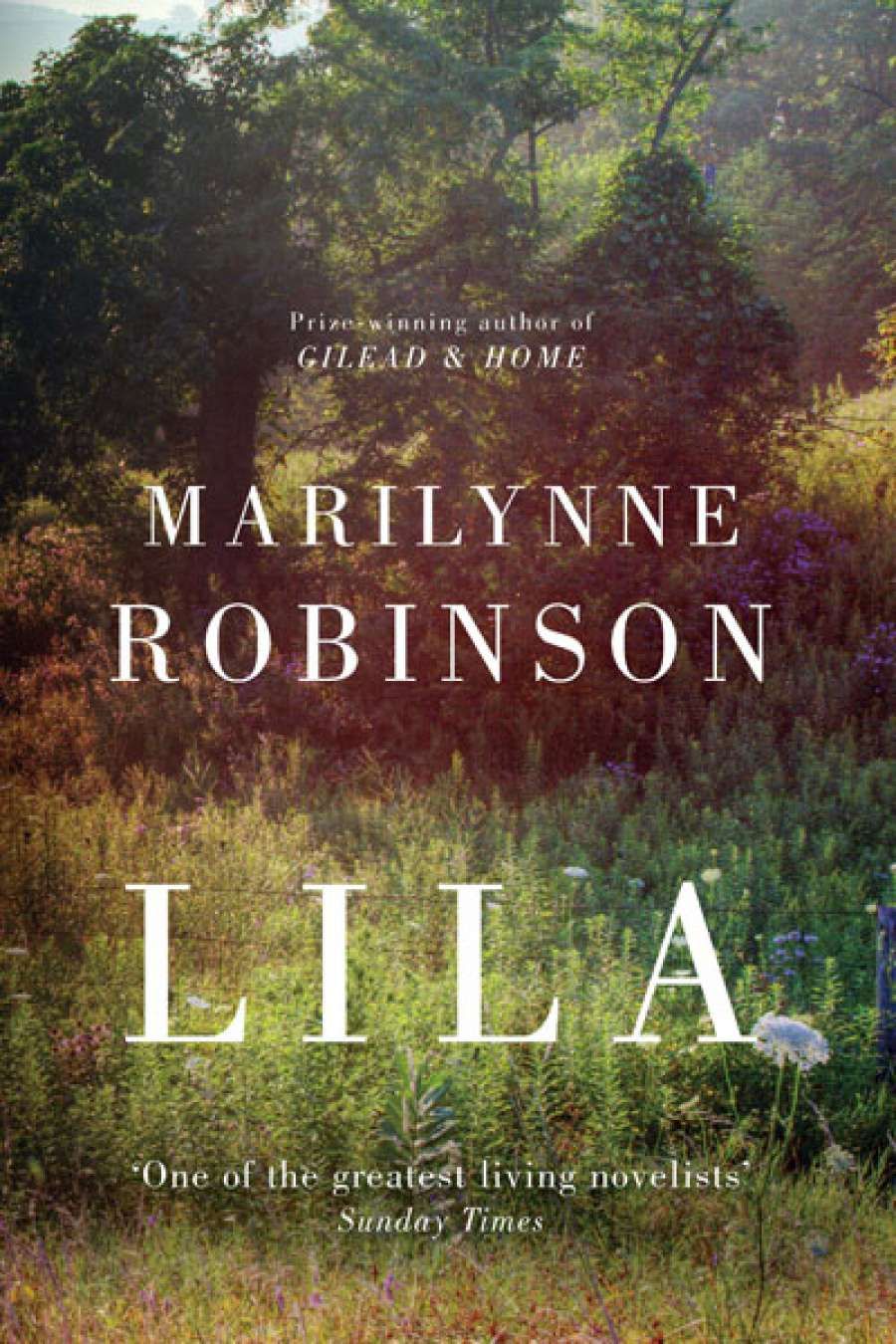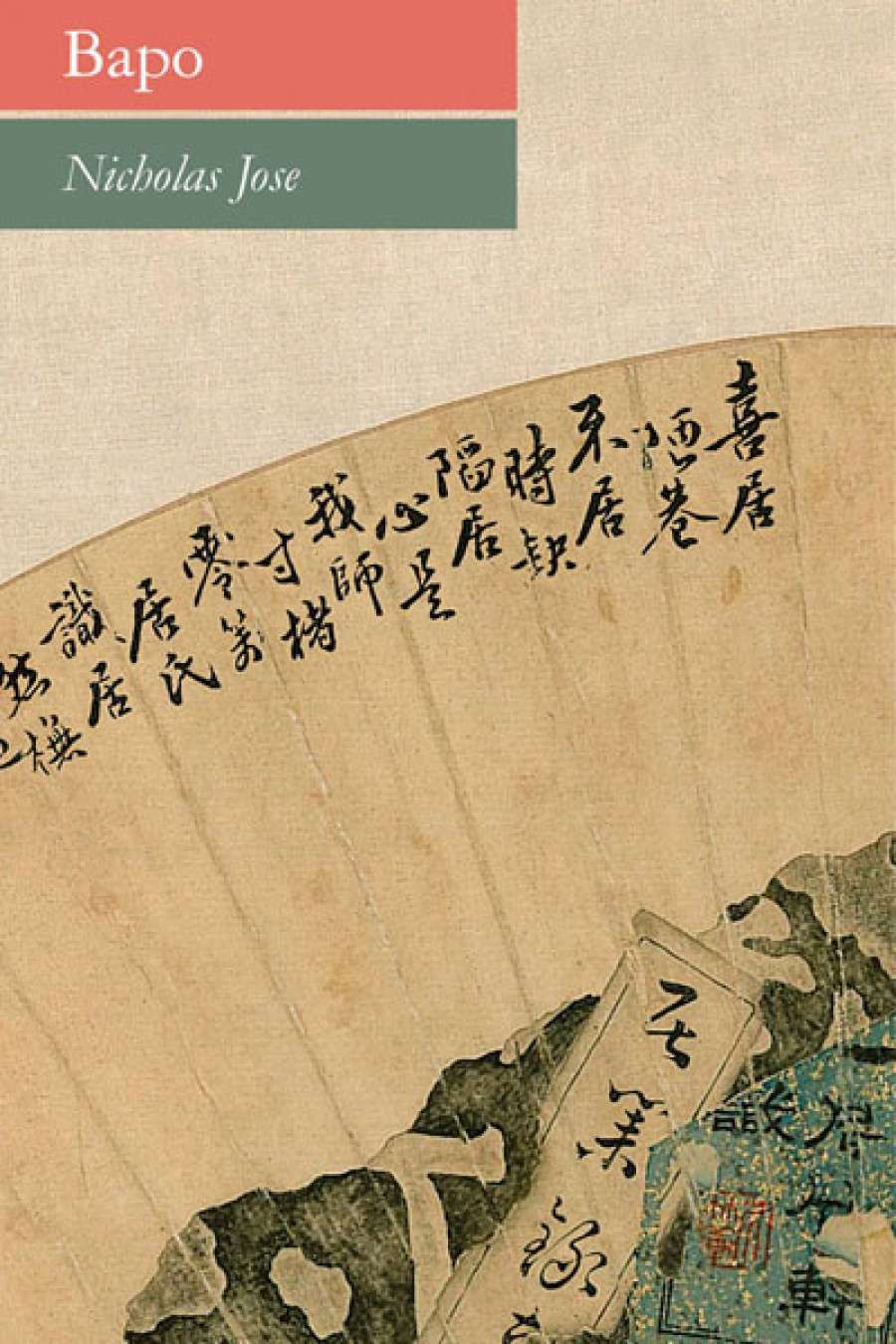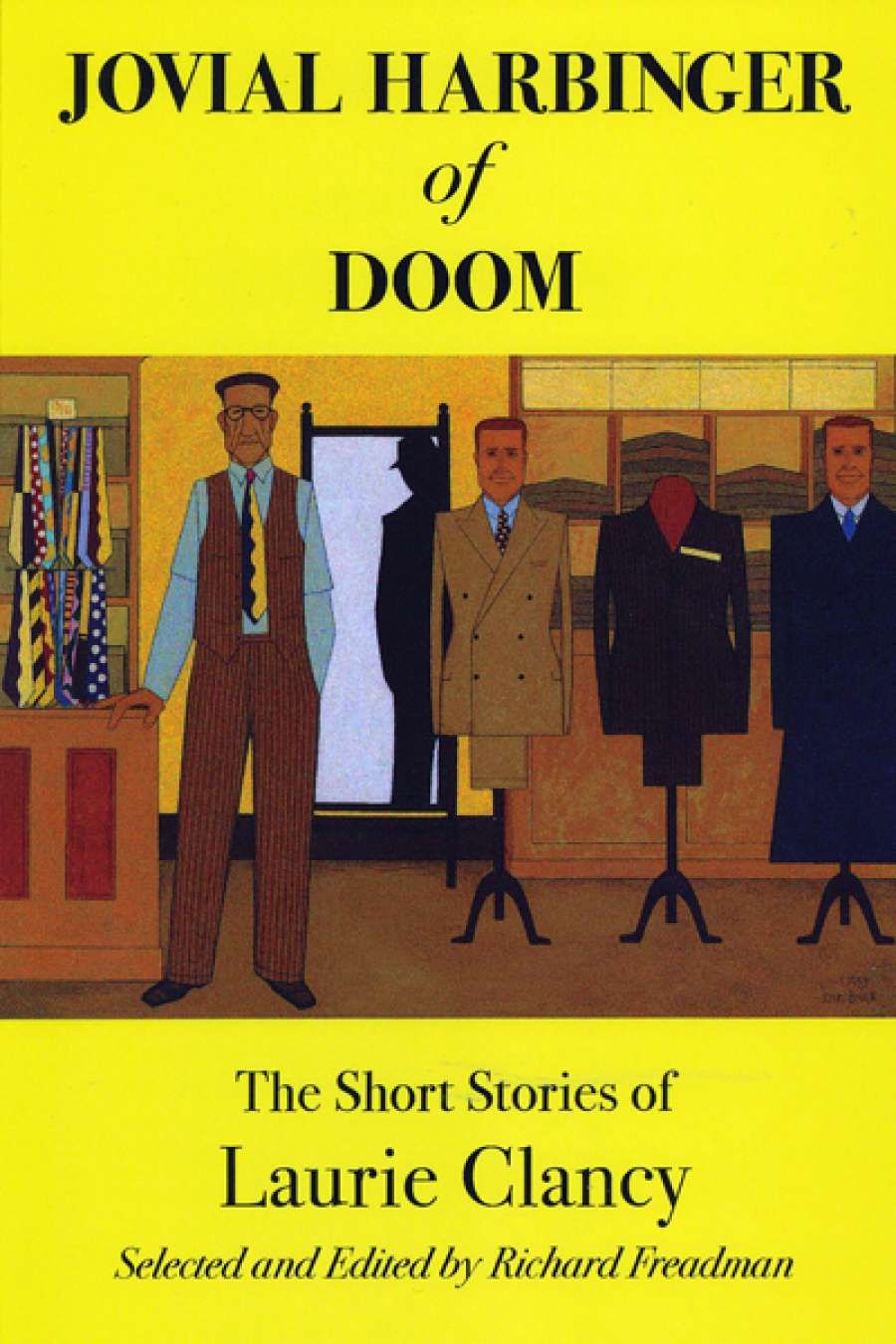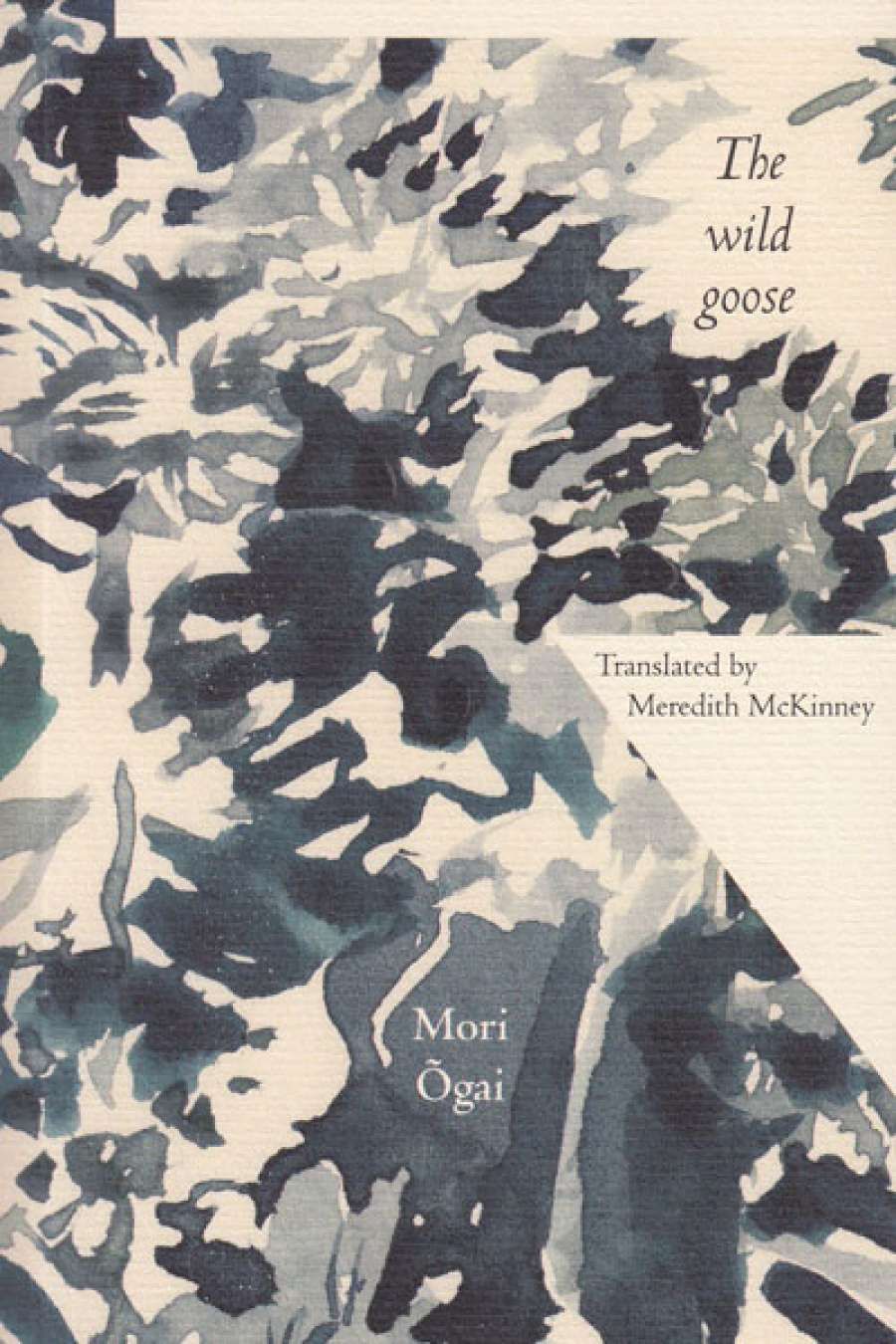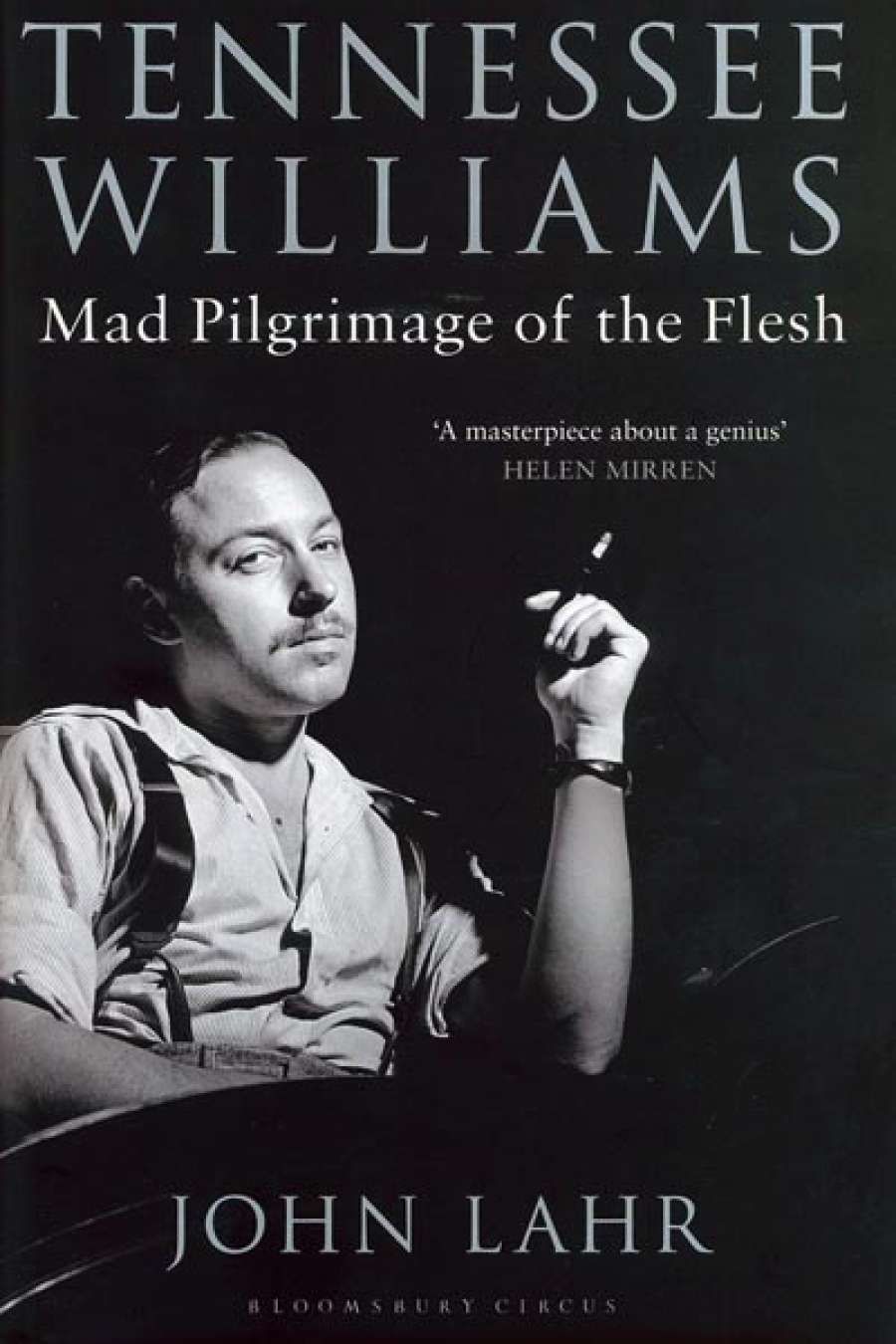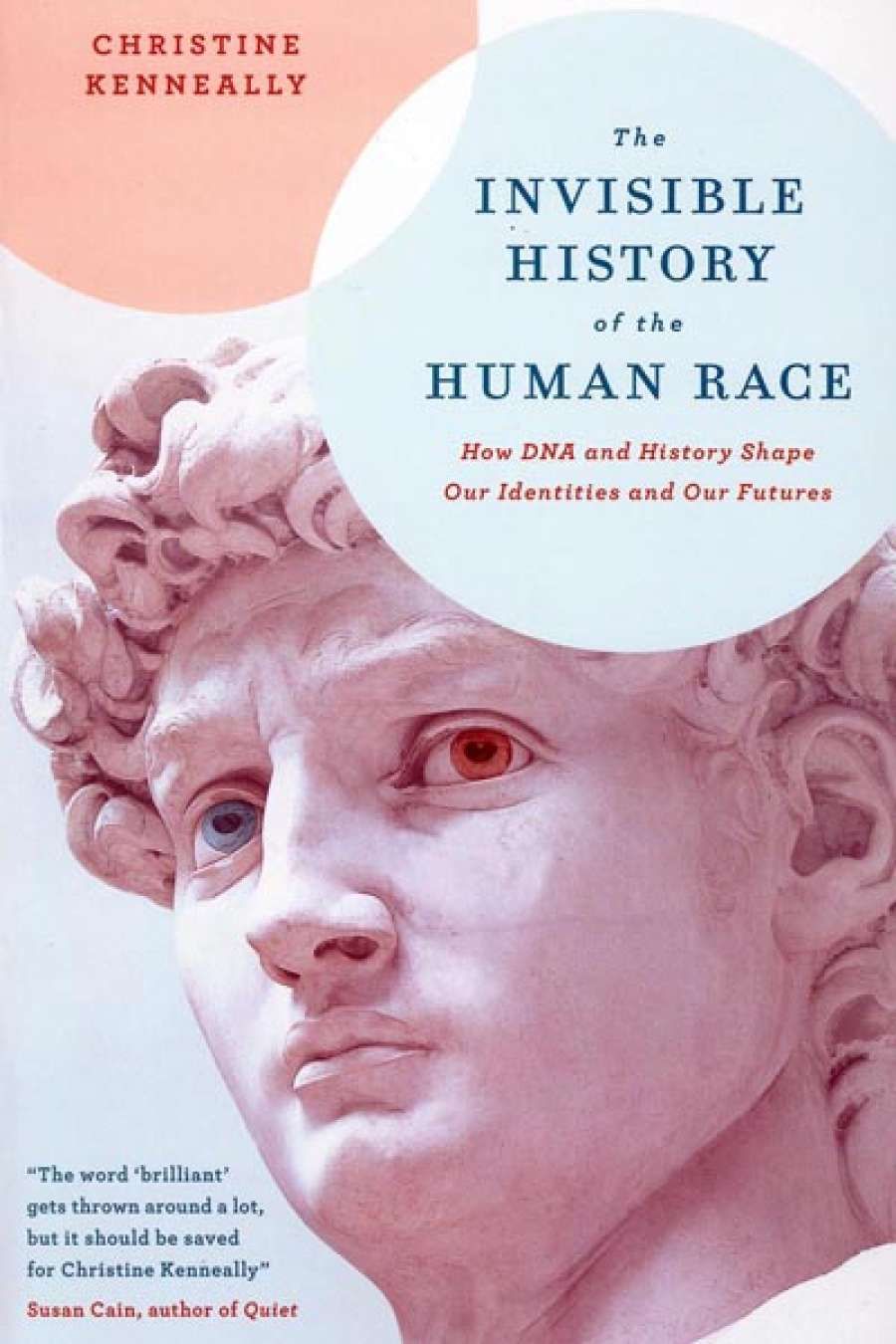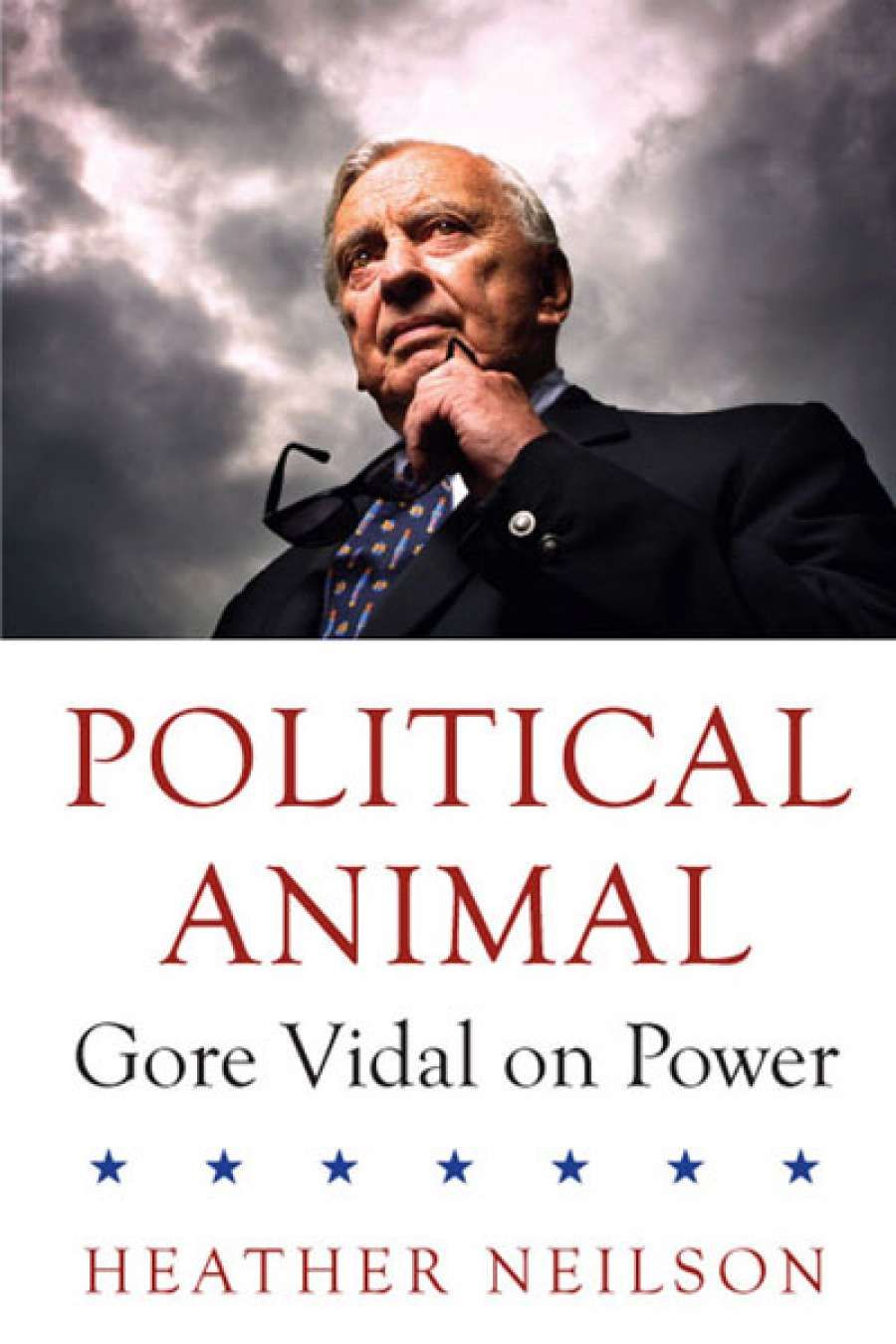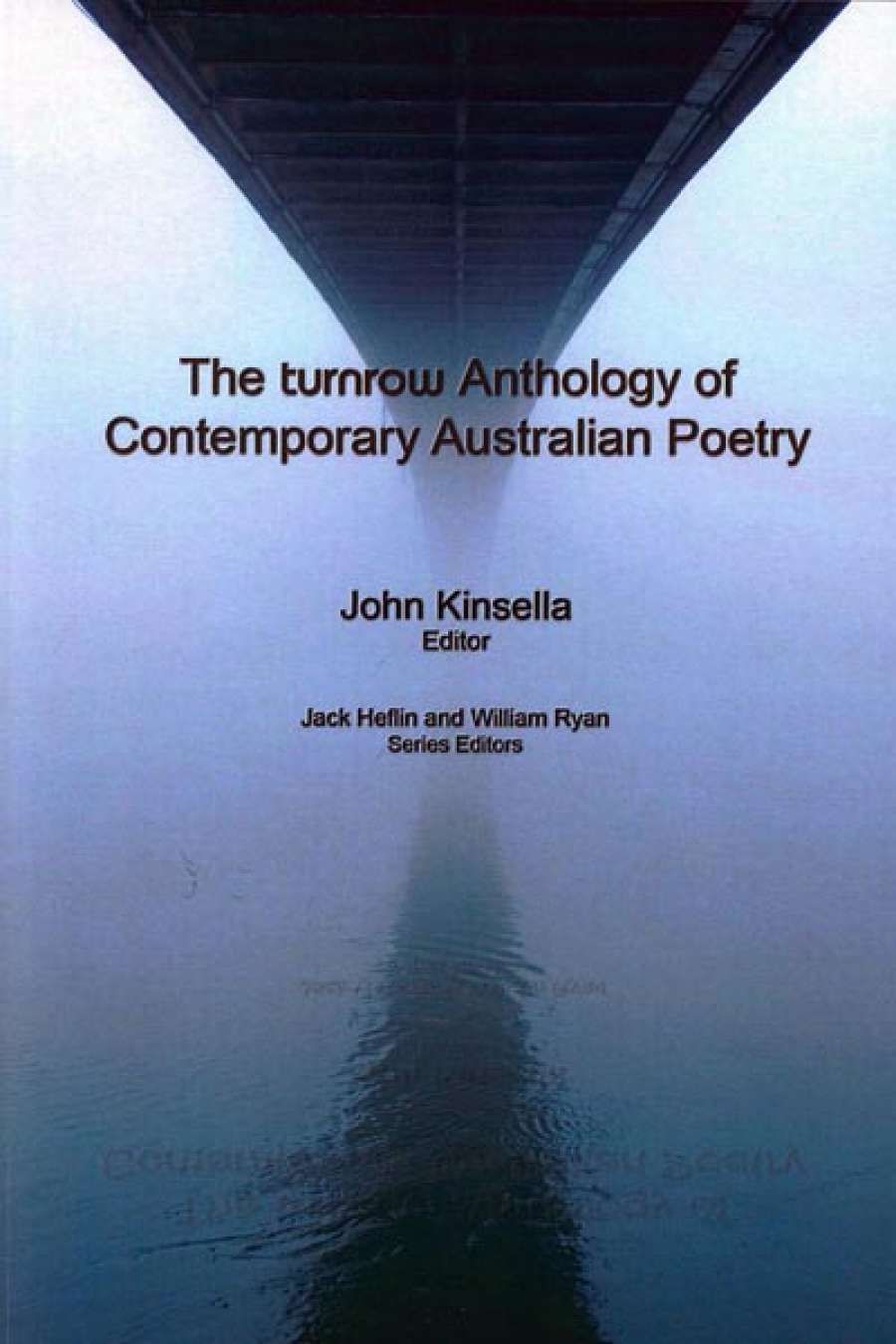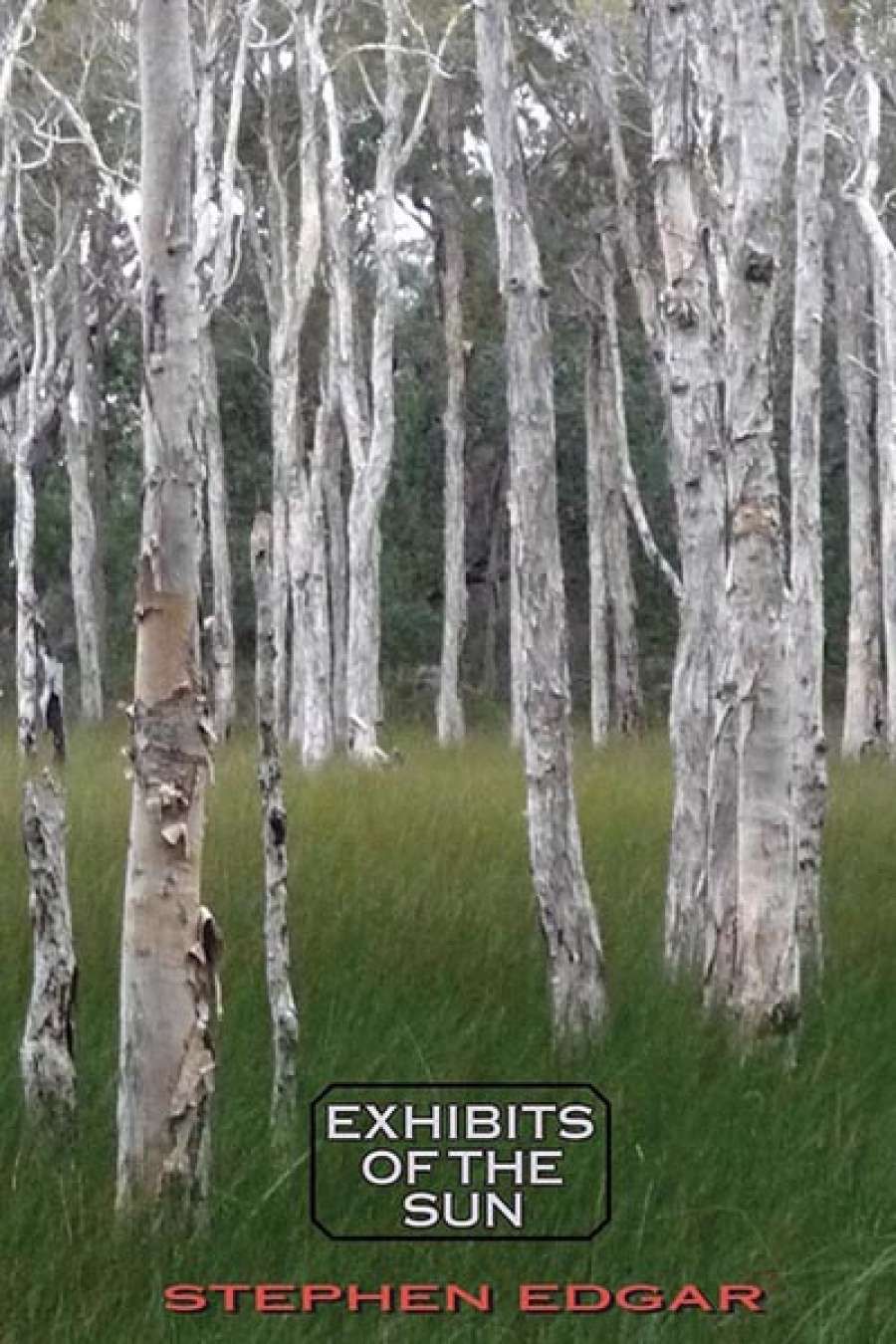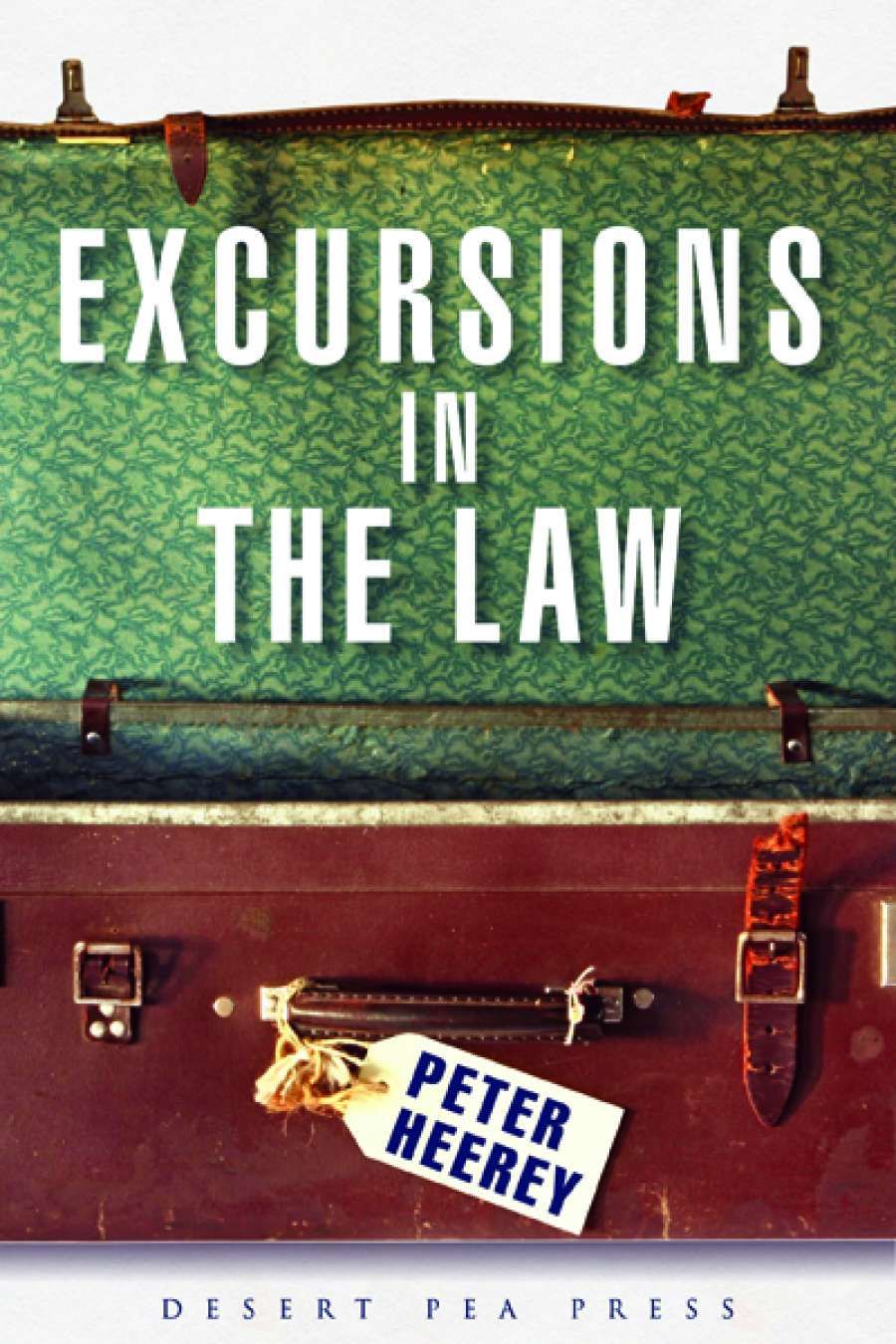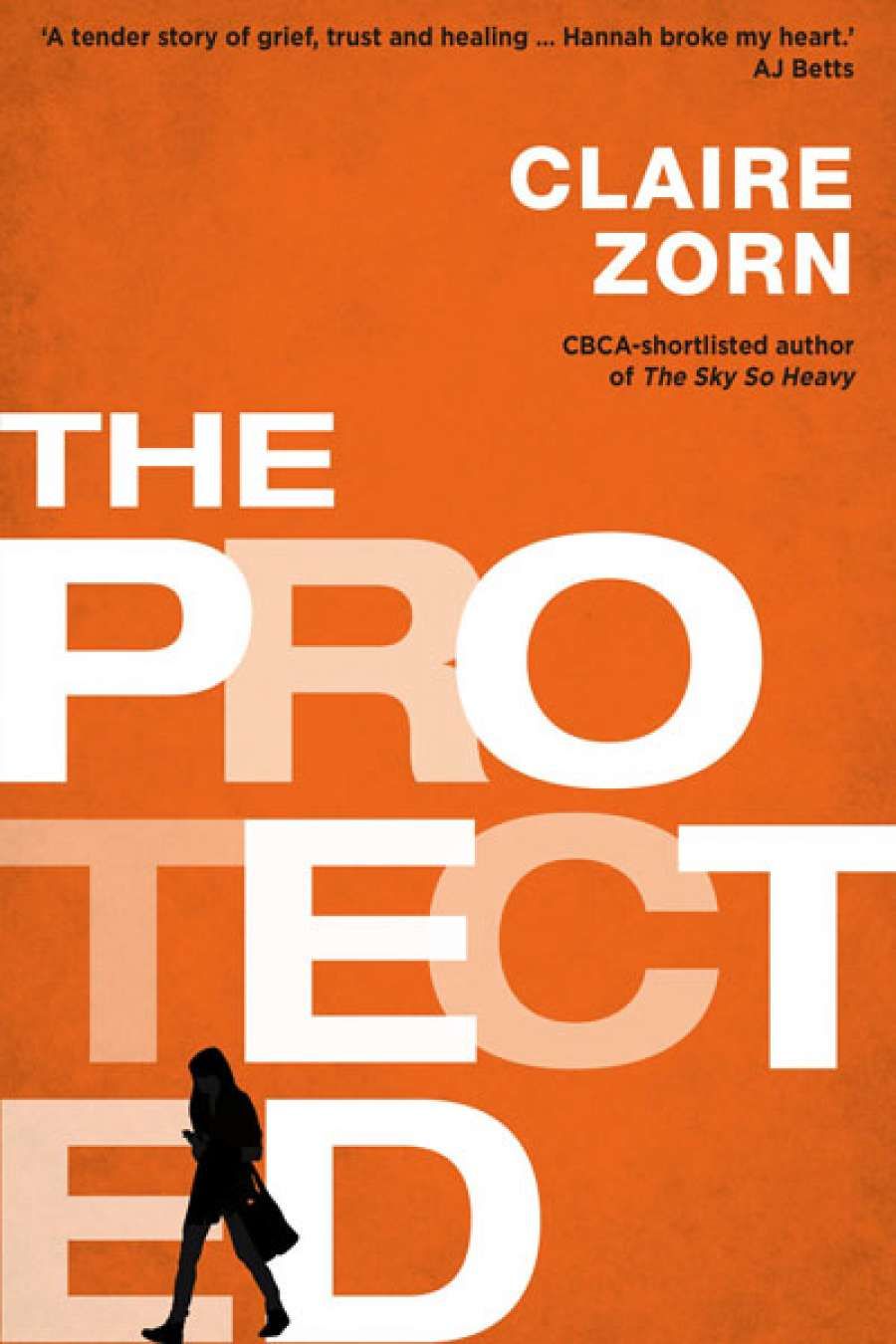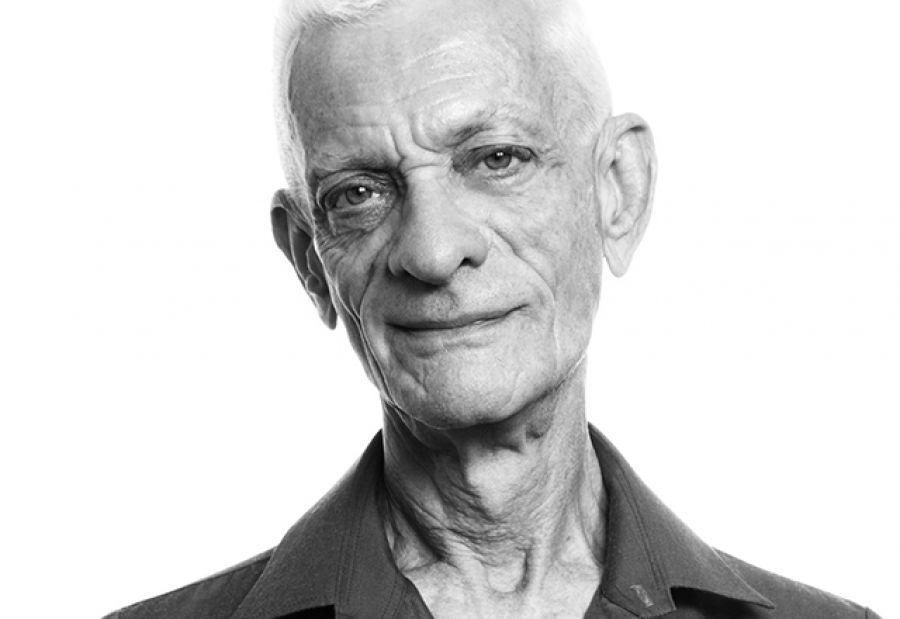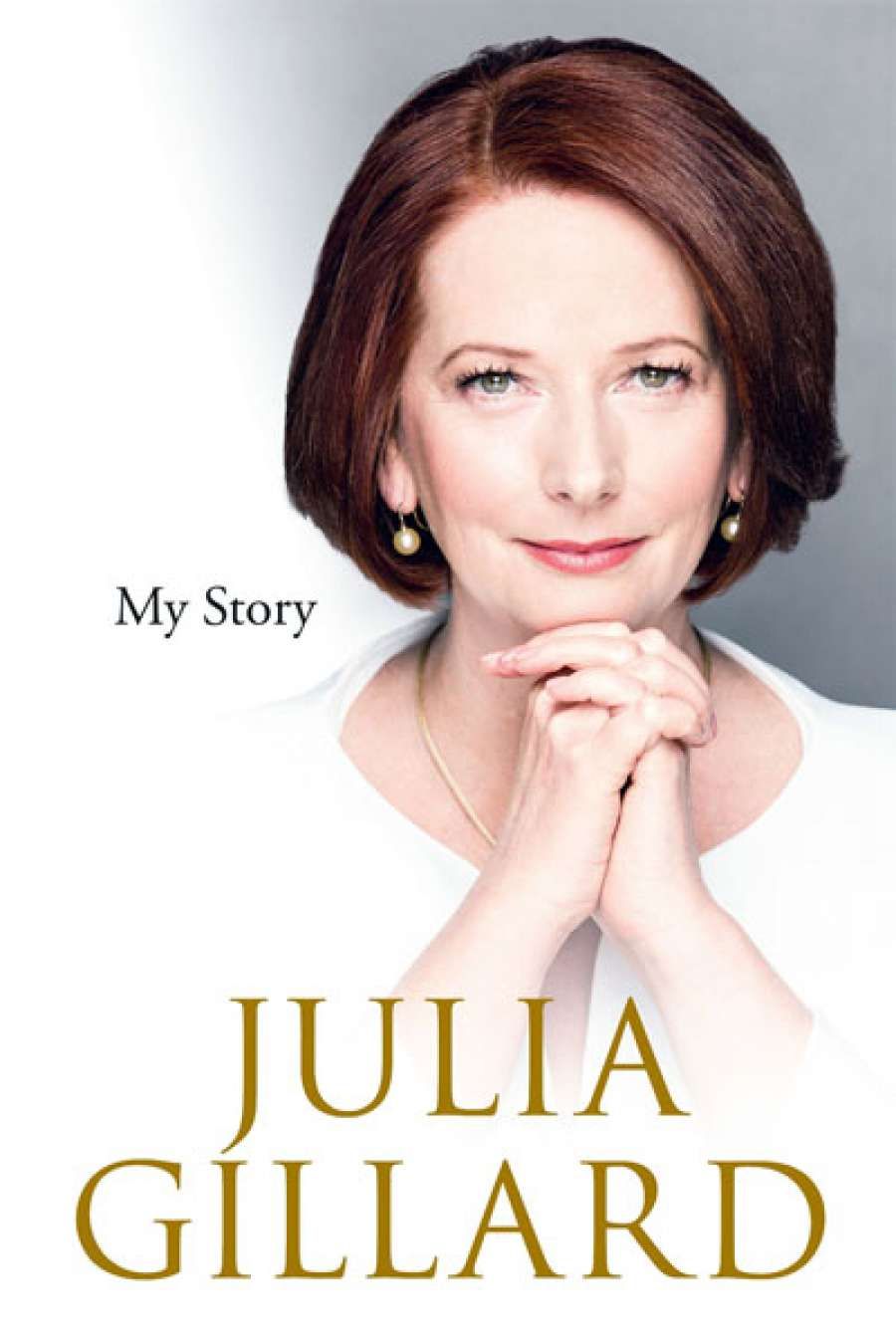
- Free Article: No
- Contents Category: Politics
- Custom Article Title: Neal Blewett reviews 'My Story' by Julia Gillard
- Review Article: Yes
- Article Title: The coup that doomed two Labor prime ministers
- Online Only: No
- Custom Highlight Text:
Much like her government, Julia Gillard’s memoir resembles the proverbial curate’s egg. Where her passions are involved, as with education (‘Our Children’) or the fair work laws, we are provided with a compelling policy read. Where they are not, as in large slabs of foreign policy, the insightful competes with the pedestrian, enlivened admittedly with her personal talents in handling the great and the good – handballing a football with Barack Obama in the Oval Office, for instance. A chapter on ‘Our Queen’ and the republic is rather jejune, though Gillard has a nice line on changes in the royal succession as providing ‘equal rights for sheilas’. The fact that ‘every prediction the departments of Treasury and Finance ever made about government revenue turned out to be wrong’ makes for dispiriting reading on fiscal matters.
- Book 1 Title: My Story
- Book 1 Biblio: Knopf, $49.99 hb, 512 pp
Much like her government, Julia Gillard’s memoir resembles the proverbial curate’s egg. Where her passions are involved, as with education (‘Our Children’) or the fair work laws, we are provided with a compelling policy read. Where they are not, as in large slabs of foreign policy, the insightful competes with the pedestrian, enlivened admittedly with her personal talents in handling the great and the good – handballing a football with Barack Obama in the Oval Office, for instance. A chapter on ‘Our Queen’ and the republic is rather jejune, though Gillard has a nice line on changes in the royal succession as providing ‘equal rights for sheilas’. The fact that ‘every prediction the departments of Treasury and Finance ever made about government revenue turned out to be wrong’ makes for dispiriting reading on fiscal matters.
Where her skills as a political operator are on display, the memoir is irresistible. The account of the making of the minority government – in many ways her most remarkable political, as distinct from policy, achievement – is an extraordinary lesson in how to seize political victory from the jaws of defeat. There is the early agreement with the Greens to give her momentum – ‘if you looked like a winner, you would become a winner’; the deal with Wilkie – hospitals and pokies – to keep up the impetus; careful analyses of the policy stances of the rural independents, while giving them access to the public service and plenty of political space to reach a decision in her favour, which she recognised for them was probably ‘committing political harikari [sic]’. Certainly, unlike the challenges now facing the Abbott government with the Senate, her interlocutors, with the possible exception of Bob Katter, were rational, consistent, and pragmatic.
Read more: Neal Blewett reviews 'My Story' by Julia Gillard
Write comment (0 Comments)

